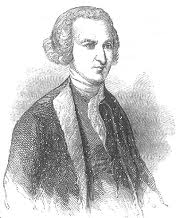Bad Parenting- Situations that Could Put You in Jail
Bad Parenting or Nosy Good Samaritan? As I was reading through my bookmarks, as I do every day, I came across an article about a parent that got arrested and their children were taken away for something that shocked me. So, I found some articles from the Washington Post and will share some amazing…










